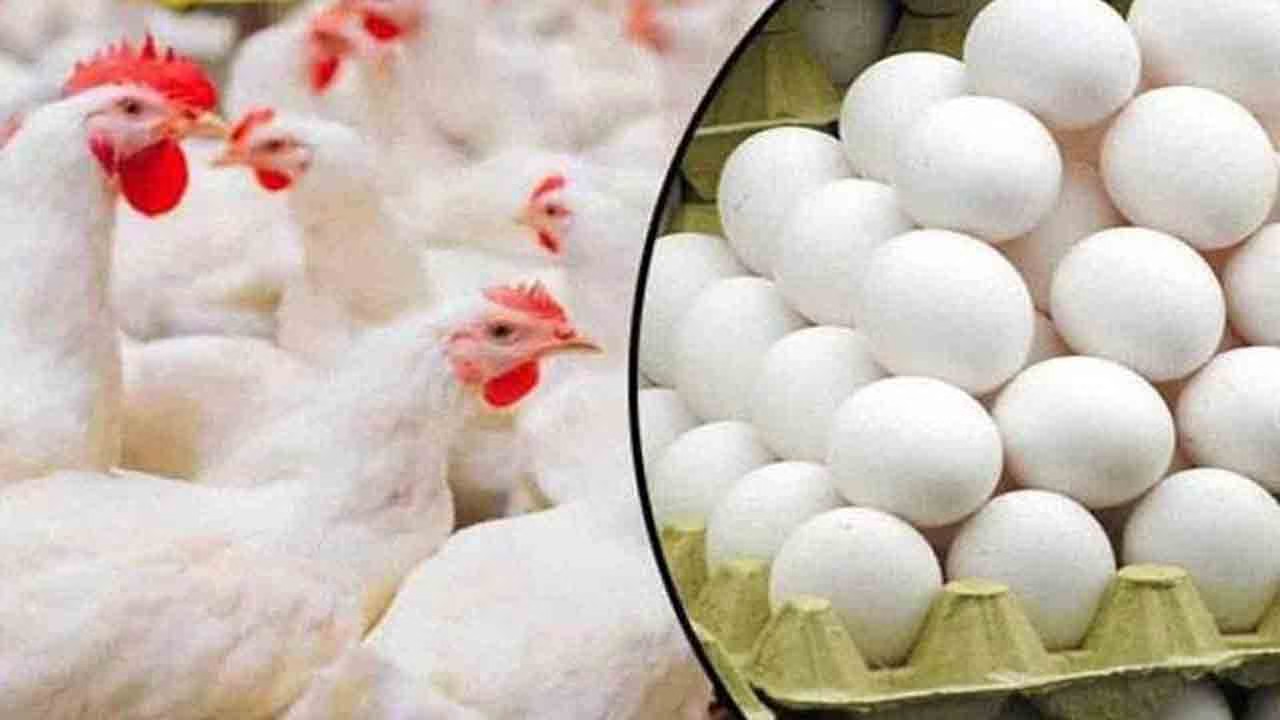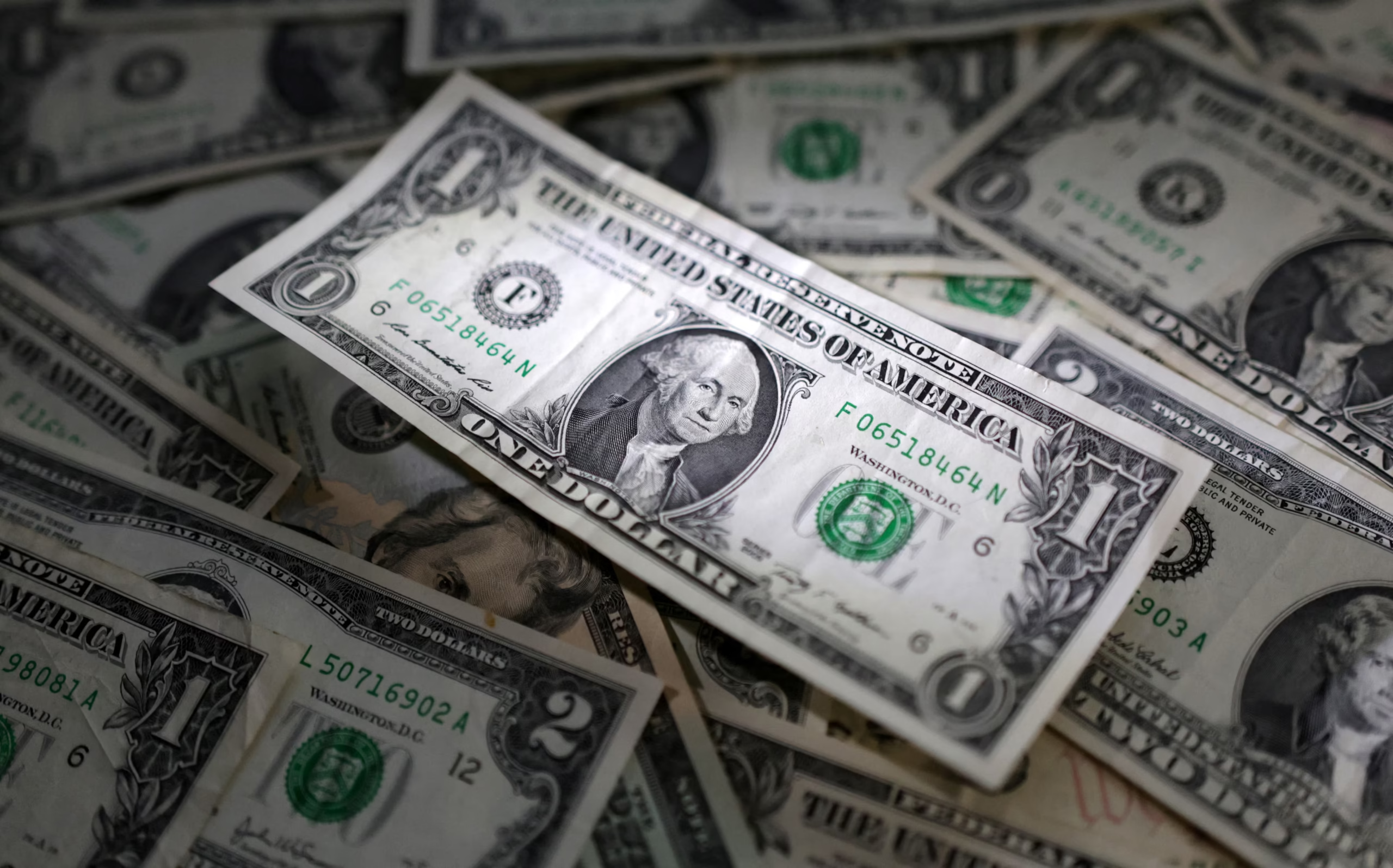The official rate list for chicken, eggs, vegetables, and fruits has been released, highlighting the rising costs of essential food items in Pakistan. Consumers are facing price fluctuations, with clean chicken meat being sold at a higher rate than the official price, while egg prices remain unchanged.
This article provides a detailed breakdown of the latest prices for poultry, vegetables, and fruits, helping buyers stay informed before making their purchases.
Poultry Prices: Chicken Meat & Eggs
The price of chicken meat continues to be a concern for consumers, with clean meat being sold at a higher-than-official rate. Here’s the latest poultry price update:
- Chicken Meat (Official Rate): Rs 595 per kg
- Clean Meat (Market Price): Rs 760 per kg
- Live Broiler Wholesale Rate: Rs 397 per kg
- Retail Broiler Rate: Rs 411 per kg
- Eggs (Per Dozen): Rs 264
- Egg Carton (Wholesale Market): Rs 7,800
Despite the official price regulations, chicken meat is being sold at much higher rates, increasing the burden on households. Meanwhile, egg prices remain stable, providing some relief for consumers.
Vegetable Prices in the Market
Vegetable rates have seen fluctuations, with some items being sold at higher-than-expected prices. Here’s the latest update on vegetable rates per kilogram:
- Onion: Rs 70
- Tomato: Rs 80
- Garlic: Rs 700
- Ginger: Rs 520
- Bitter Gourd: Rs 200
- Tanday (Round Gourd): Rs 60
- Fenugreek (Methi): Rs 70
- Okra (Bhindi): Rs 480
The sharp increase in garlic and ginger prices is a major concern for households and restaurants alike. These essential ingredients have seen a significant price hike, making everyday cooking more expensive.
Fruit Prices: First-Grade vs. Second-Grade
Fruits remain an essential part of the diet, but their prices vary based on grade and quality. Here’s the latest market update:
- Bananas (First-Grade): Rs 300 per dozen
- Bananas (Second-Grade): Rs 230 per dozen
- Melon: Rs 180 per kg
- Guava: Rs 280 per kg
- Apple: Rs 450 per kg
- Papaya: Rs 400 per kg
Bananas continue to be a staple fruit, but the price difference between first and second-grade options allows consumers to choose based on budget. Apples and papayas remain on the higher end, making them less affordable for many families.
Why Are Food Prices Increasing?
The rising prices of essential food items are attributed to multiple factors, including:
- Supply Chain Disruptions: Transportation costs and supply shortages impact market rates.
- Weather Conditions: Seasonal changes and unexpected climate shifts affect crop yields.
- Import Costs: Imported fruits and vegetables face currency fluctuations, increasing their prices.
- Inflation & Market Demand: The general rise in inflation has increased production and transportation costs.
How Can Consumers Manage Rising Prices?
With food prices continuing to rise, here are a few tips for consumers to shop smart and save money:
- Buy in Bulk: Purchasing larger quantities of stable food items can save costs over time.
- Choose Seasonal Produce: Buying fruits and vegetables in season helps reduce spending.
- Compare Prices: Visit different markets before making purchases to find the best deals.
- Reduce Waste: Store perishables properly to avoid spoilage and unnecessary expenses.
Food Prices and the Consumer’s Burden
As food prices continue to fluctuate, consumers need to stay updated on market trends to make informed decisions. The higher-than-official rates for chicken meat and select vegetables show the ongoing economic pressures on households.
With careful planning and smart shopping, buyers can navigate these price changes and ensure they get the best value for their money. Stay tuned for more market updates and price trends to make the most of your grocery shopping!



